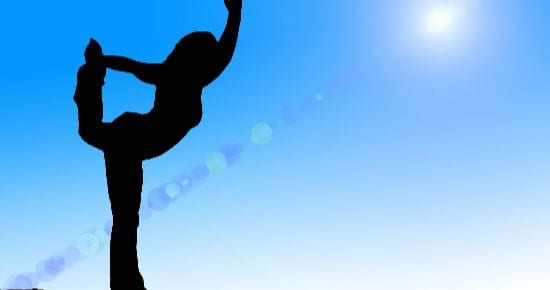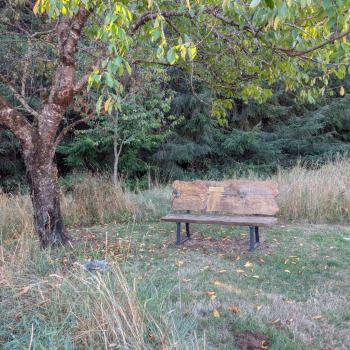Does my body demonstrate my spiritual worth?
I’ve been meditating recently on the body as a focus for spiritual practice. As a Thelemite I know that I am spirit in matter. My soul has touched down to earth in a body. Leaning into physicality, embracing my body’s needs and pleasures, offers me opportunities for illumination.

Through body my soul evolves. Does this development also reflect in my body? Does the state of my body visibly display my soul’s accomplishments? Does the physicality of my body demonstrate the karma of my previous lives? Can someone tell my worth just by looking at me?
These are tricky questions to answer. First, they veer into sexism. Plato thought that the soul descends into a body ranked by its worth: the best souls became men, lesser souls became women, and even less developed souls became animals. Plato and his successors taught women along with men so they didn’t play out the idea of superiority or inferiority based on the body. They focused on the mind and valued people according to how clearly they thought and could express that thought.
Plato’s valuation of women did set the stage for Aristotle’s declaration that women were less than men and less capable of thought. Aristotle’s followers excluded women from their teaching, a decision which continues to affect western philosophy today. It is still difficult for women to enter academic philosophy classes, to speak and be heard, to write, and to have their writings included in anthologies. Can you name one woman philosopher? (Diotima, Hypatia, Mary Wollstonecraft, Luce Irigaray).
The idea that the body reflects the state of the soul is also racist. Black Africans were present in Europe from Roman times onward, but it wasn’t until the age of colonialism that Europeans confronted a whole continent filled with black people. For centuries European colonialists kidnapped and enslaved massive numbers of Africans. The best enlightened European thought, both scientific and esoteric, found an inherent spiritual flaw that marked black people as inferior and thus available for subjugation.
Slavery ended in the early modern era and contemporary esoteric metaphysics does not overtly carry over that valuation. Twenty-first century esotericists examine and contest racism and sexism. The Pan-Pagan group Solar Cross educates Pagans about social justice issues, explores restorative justice, and prays to end violence. In the U.S. the Thelemic organization Ordo Templi Orientis has issued a public statement grounded in Aleister Crowley’s fundamental principles that rejects “ideas of the inherent superiority of one sex over the other, or of the inherent superiority or inferiority of specific ‘races’ or ethnicities of humanity, relative to each other”.
That’s not to say that racism and sexism have been conquered in the magical communities. Racism is inherent in esoteric language. Changing this requires a multi-generational effort and a commitment to ongoing personal practice; I am consciously anti-racist but continually uncover racism in my own thought.
People in the magical communities today are aware of racism and sexism and the efforts to combat them, whether or not they are feminist or anti-racist themselves. The new frontier in body blaming is health. Physical and mental illness, weight, and lack of fitness are signs of personal deficiencies. The truly spiritual person eats a vegetarian diet, practices yoga, and looks good in leggings!
There are so many factors that shape our bodies. Nothing about that shape indicates a magical failure. The state of the body does not reflect the worth of the soul. The soul’s experience of material life is the spiritual journey, and part of that journey for every person is navigating illness, injury, and age. After all, we will all die, and that is not a spiritual deficiency but a physical necessity. For me what is most important is to accept every person as spiritual, whatever their body may look like.
















